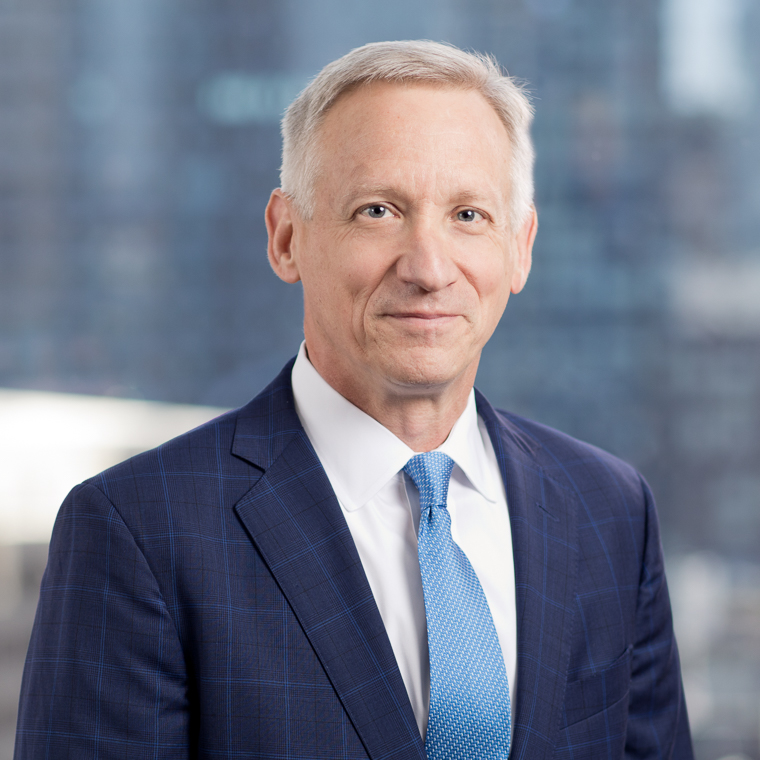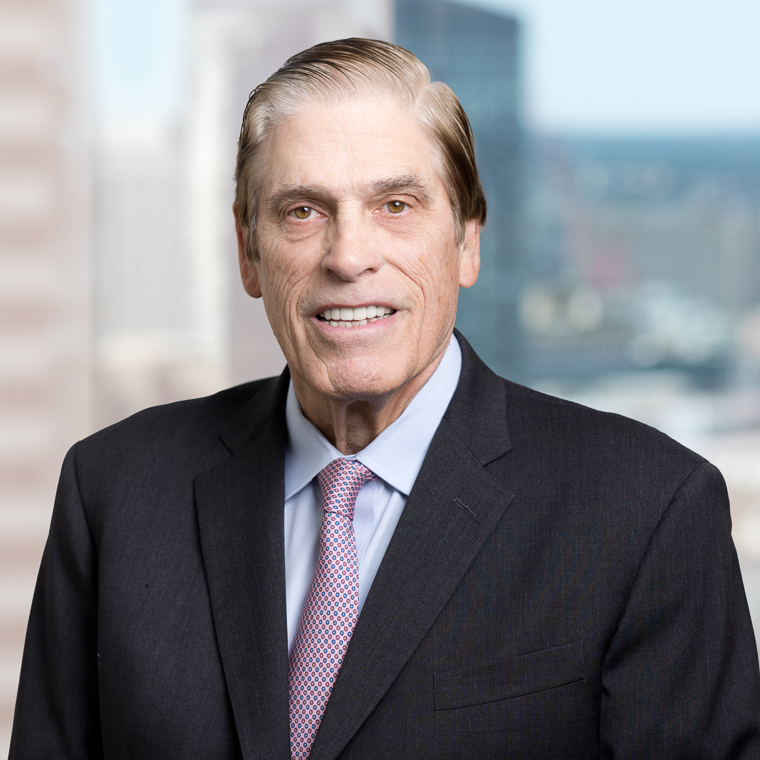"Exculpatory no" doctrine rejected by United States Supreme Court
Brogan v. United States, ___ U.S. ___, 118 S.Ct. 805 (1998).
Limitations on Ex Parte Contacts with Former Employees of an Opposing Party
United States ex rel. O'Keefe v. McDonnell Douglas Corp., 132 F.3d 1252 (8th Cir. 1998).
In re: Grand Jury Subpoenas, 144 F.3d 653 (10th Cir. 1998).
Government May Dismiss Qui Tam Action Without Consent of Relator
United States ex rel Sequoia Orange Co. v. Baird-Neece Packing Co., 151 F.3d 1139 (9th Cir. 1998).

